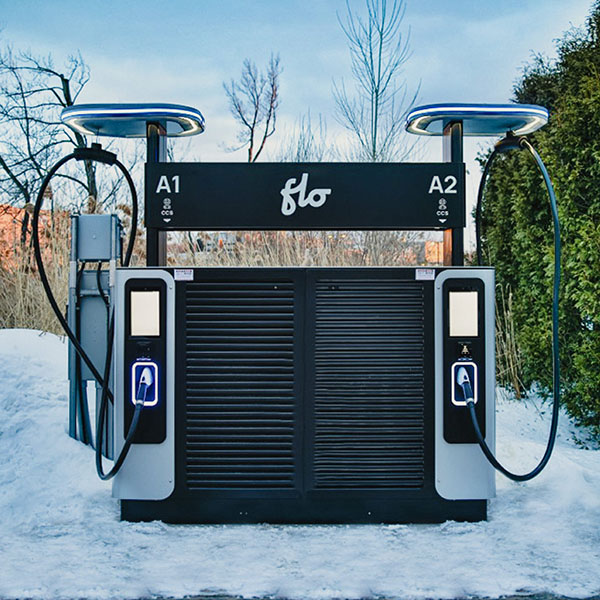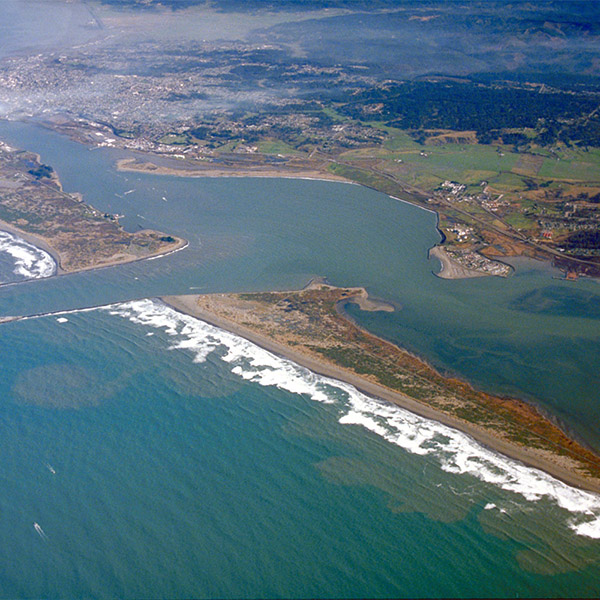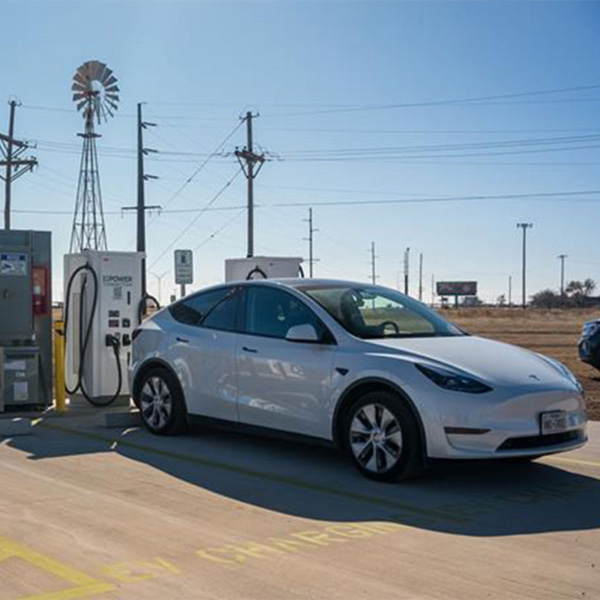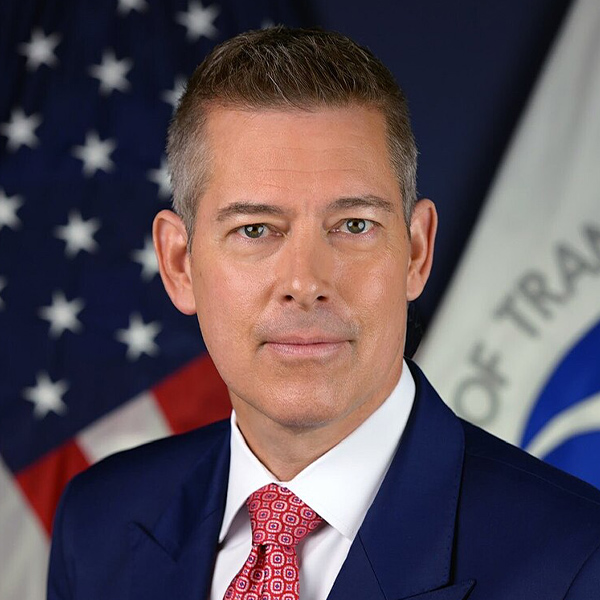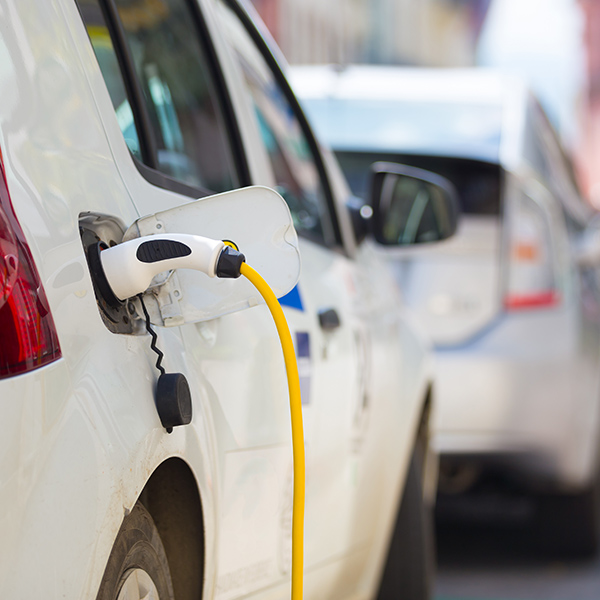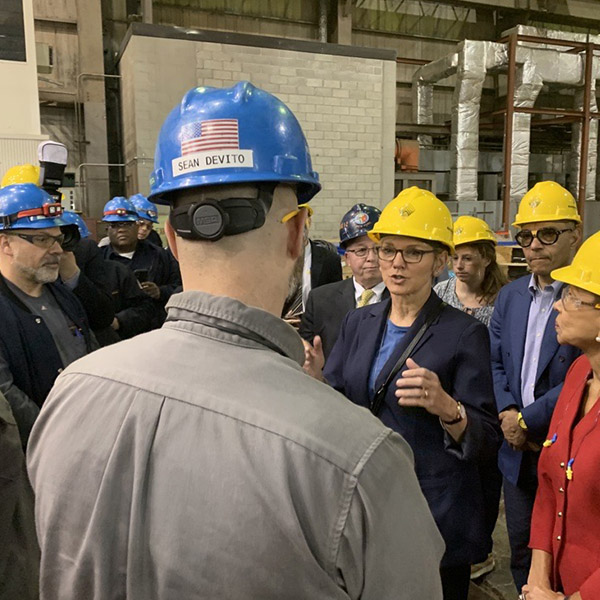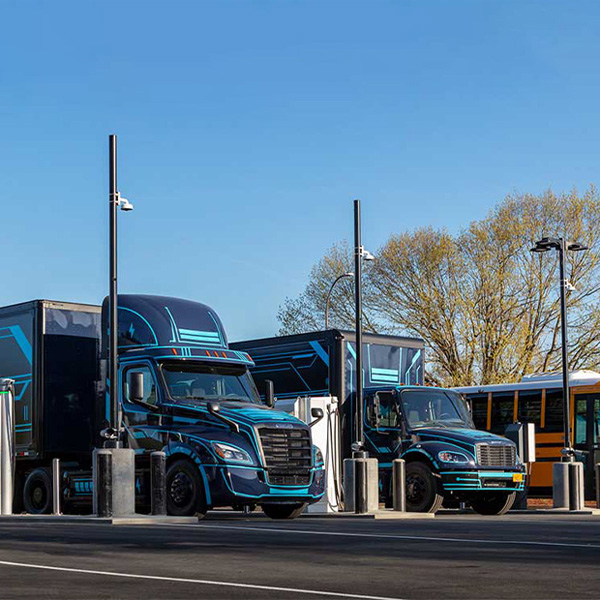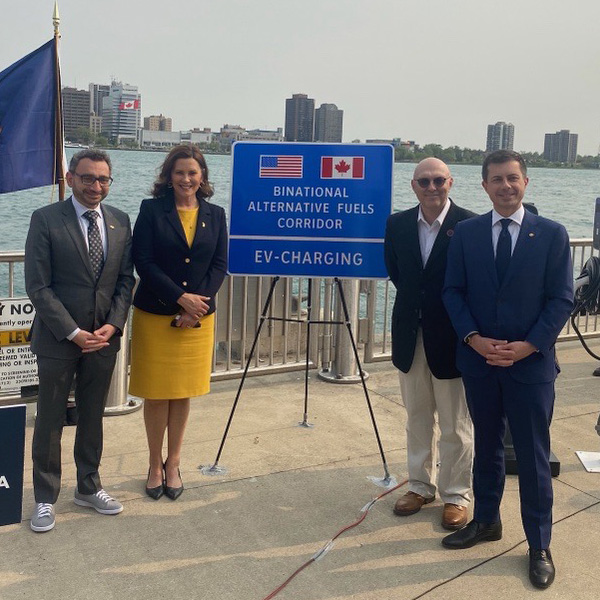U.S. Department of Transportation (DOT)
Sixteen states and the District of Columbia sued the Trump administration in an effort to recover billions of dollars in funding for EV charging infrastructure.
The U.S. Department of Transportation has terminated $679 million in funding commitments for a dozen port and shoreline infrastructure projects planned to serve the offshore wind sector.
An ongoing squabble over a slow-moving EV charger grant program has turned a new page with the Trump administration’s release of new guidance for states to claim funding.
The rescinded memo specifically recognized states’ authority to “determine which of their projects shall be federally funded by federal-aid highway formula dollars.”
The grants represent the second round of funding from the IIJA’s $2.5 billion Charging and Fueling Infrastructure program.
Barely three months after it was launched, New York’s fifth offshore wind solicitation has its first casualty.
EPA announced nearly $1 billion in grants from the Inflation Reduction Act to help cities, states, territories and school districts trade in their diesel-burning heavy-duty trucks and buses for new zero-emission vehicles.
A newly published strategy aims to speed up the development of a national network of electric charging and hydrogen filling facilities for freight trucks.
The funding will put a total 7,500 EV chargers at locations, from multifamily housing developments in New Jersey and Maryland, to public libraries in California to remote villages like Haines, Alaska.
A 900-mile EV corridor going from Michigan to Quebec will have charging stations every 50 miles and benefit from U.S.-Canadian cooperation.
Want more? Advanced Search
